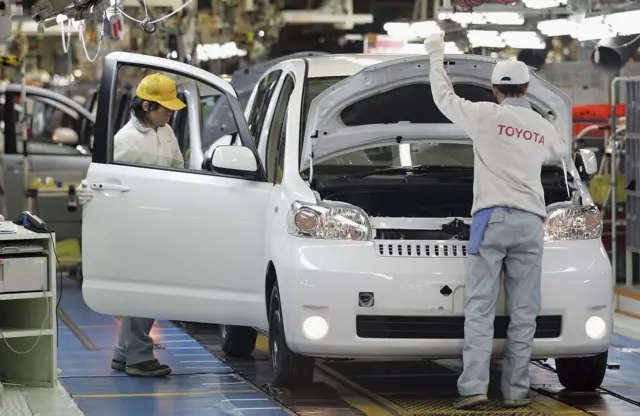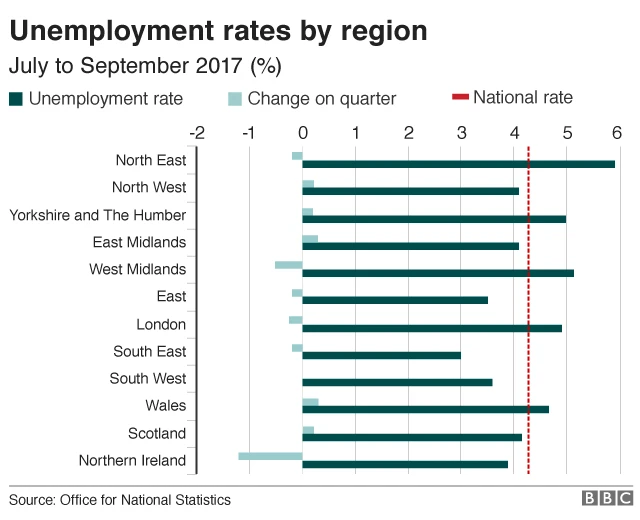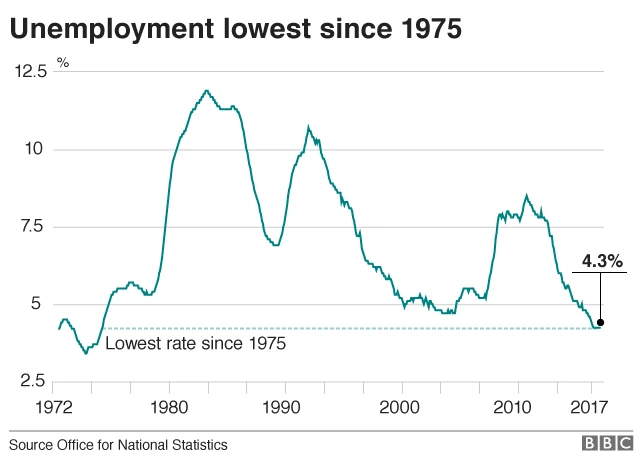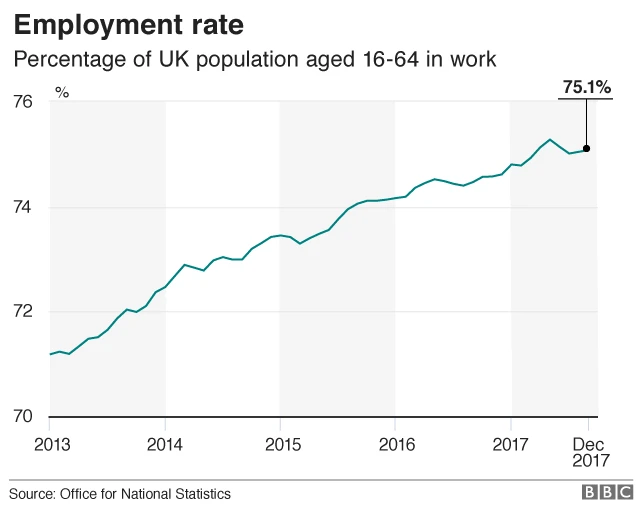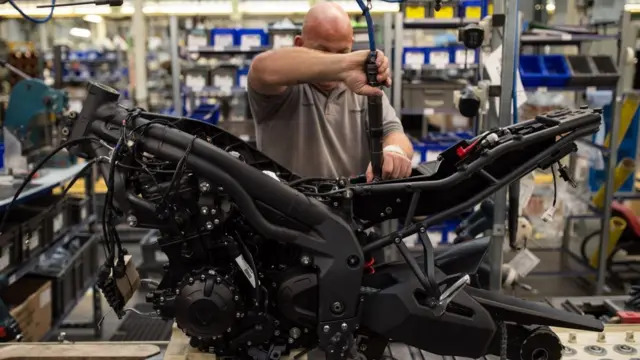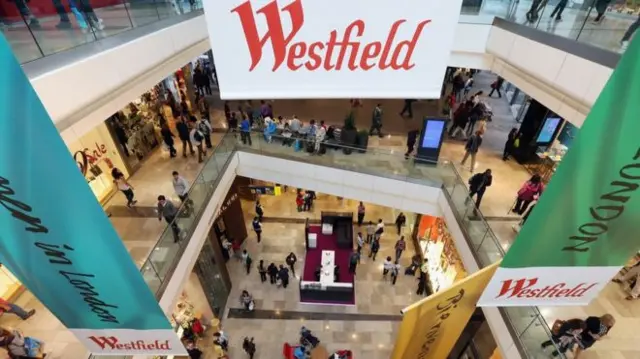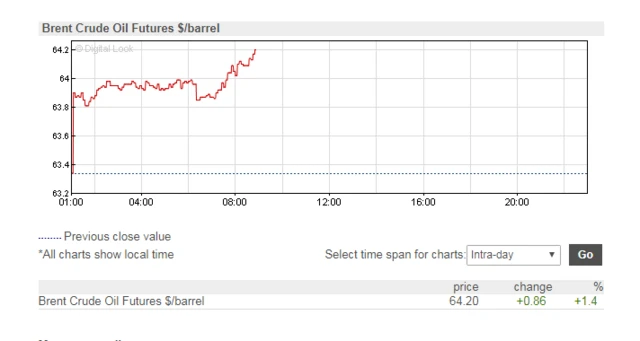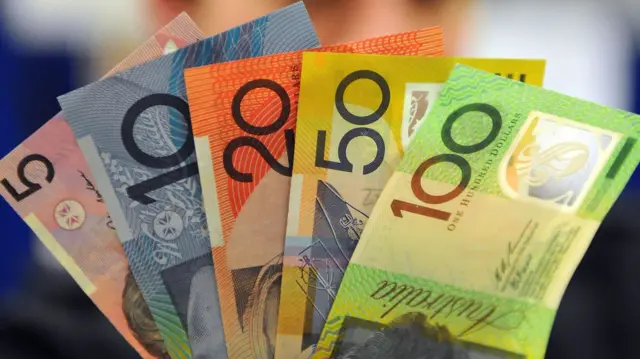PM questioned on bank closurespublished at 12:28 GMT 13 December 2017
BBC personal finance correspondent tweets:
Allow X content?
This article contains content provided by X. We ask for your permission before anything is loaded, as they may be using cookies and other technologies. You may want to read X’s cookie policy, external and privacy policy, external before accepting. To view this content choose ‘accept and continue’.
